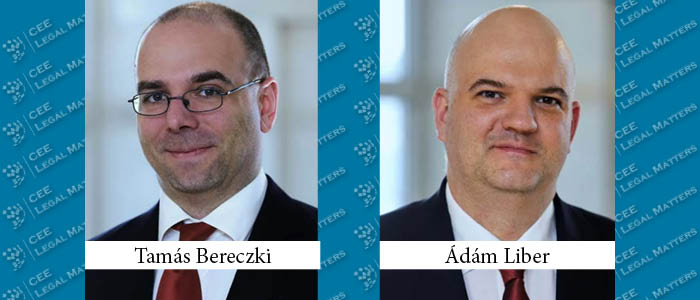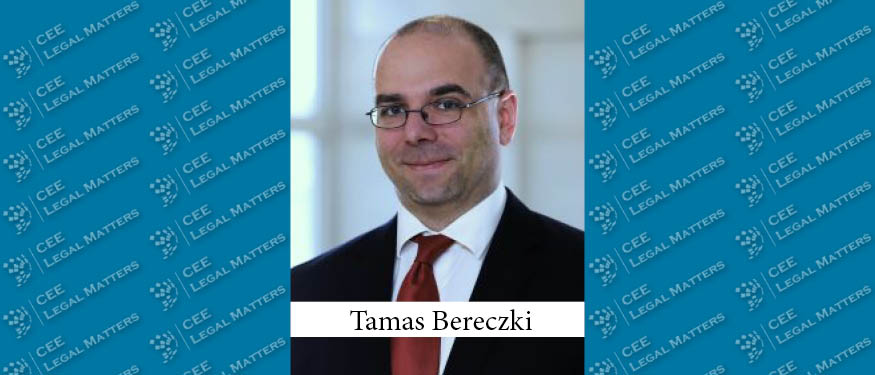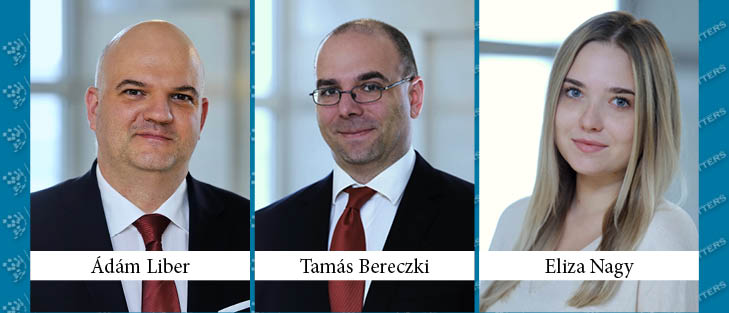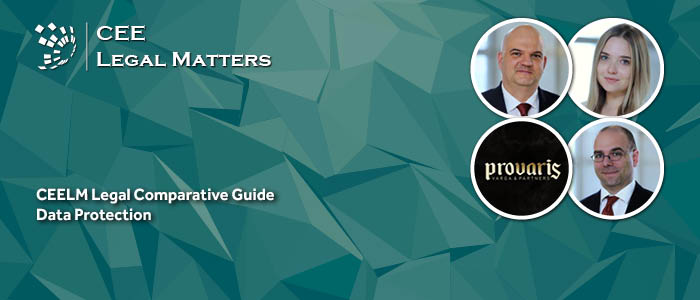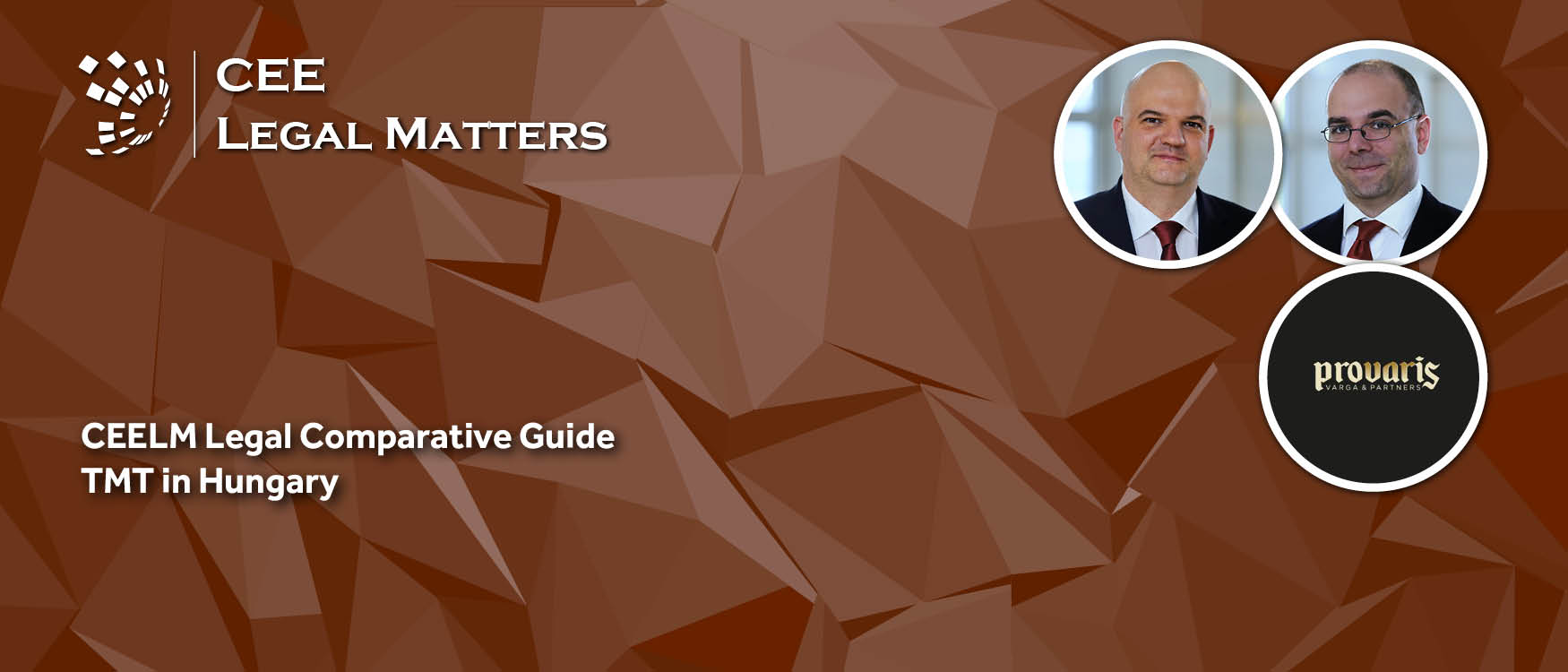Former Provaris Varga & Partners TMT and corporate law Partners Adam Liber, Tamas Bereczki, and Aron Bagdi have spun off to launch BLB Legal, effective July 1, 2025.
Hungary Finalizes Key Cybersecurity Supervisory Rules under NIS2 Framework
On 17 April 2025, the President of the Hungarian Supervisory Authority for Regulated Activities (SZTFH) issued Decree 3/2025. (IV. 17.), setting out detailed provisions on cybersecurity supervision, the conduct of regulatory inspections, and the role of the information security supervisor.
Hungary's New Cybersecurity Strategy
The Government of Hungary has recently adopted Government Decision 1089/2025 (III. 31.) on the country's Cybersecurity Strategy, effective between 2025–2030.
Guest Editorial: Witnessing the Digital Transformation in CEE as an Attorney-at-Law (and More)
When I was invited by the CEE Legal Matters team to write a guest editorial for the CEE Legal Matters magazine, I was initially perplexed, as my career path has been far from traditional. Upon deeper reflection, though, having a second profession alongside a law degree offers unique advantages, particularly when combined with the opportunity to provide both legal and business consultancy services, such as information security consultancy.
New Cybersecurity Laws in Hungary
On December 20, 2024, Hungary has enacted two new cybersecurity laws, namely the Act No. LXIX of 2024 on Hungary's Cybersecurity ("2024 Cybersecurity Act"), which replaces the former national implementation of the NIS2 Directive, and the Act No. LXXXIV of 2024 on the Resilience of Critical Entities (“The Act on the Resilience of Critical Entities”), re-implementing Directive (EU) 2022/2557 on the resilience of critical entities in Hungary.
Artificial Intelligence Systems and the GDPR from a Data Protection Perspective
The General Secretariat of the Belgian data protection authority has published an informational booklet outlining the relationship between the EU General Data Protection Regulation and the Artificial Intelligence Regulation, which came into force on 1 August 2024. The authority’s aim with the informational booklet is to provide insights into the application of data protection requirements during the development and deployment of artificial intelligence systems. Data protection requirements and legal standards are key to ensure that artificial intelligence systems operate ethically, responsibly and lawfully.
The State of Web Scraping in the EU
High-quality, diverse, and extensive datasets are fundamental for improving machine learning model performance, and web scraping helps gather the necessary data to develop more robust and generalizable models. Web scraping pose different legal challenges, such as data protection, copyright and contractual law related issues. Intellectual property concerns arise as website content, like text, images, and data, is often copyrighted, and scraping without the copyright owner’s permission may lead to infringement claims. Further to this, many websites prohibit scraping in their terms of service, and violating these terms can also result in legal action against the operators of web scrapers.
Data Protection Laws and Regulations in Hungary
Contributed by Provaris.
Electronic Signatures, Contracts, and Archiving in Hungary
Contributed by Provaris.


